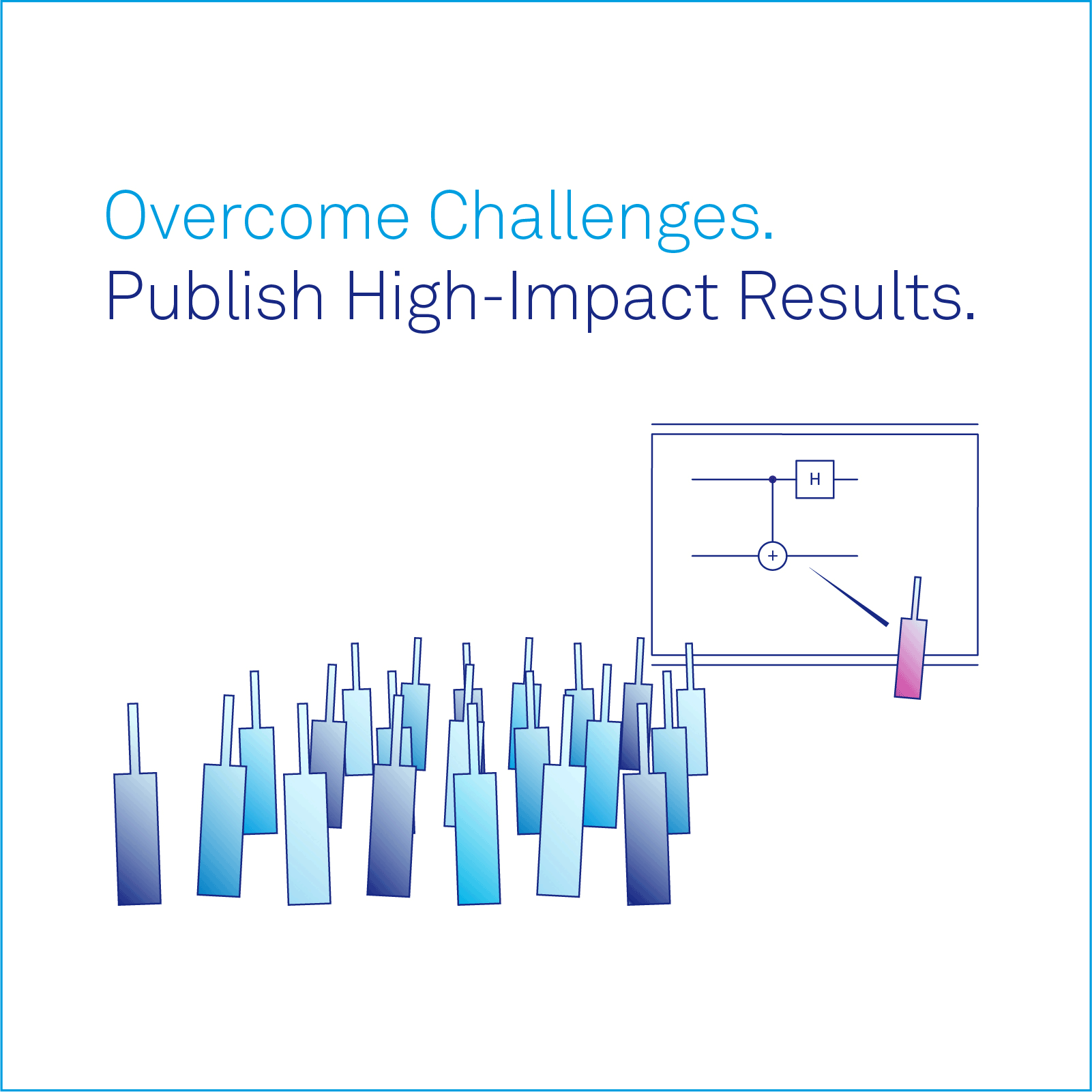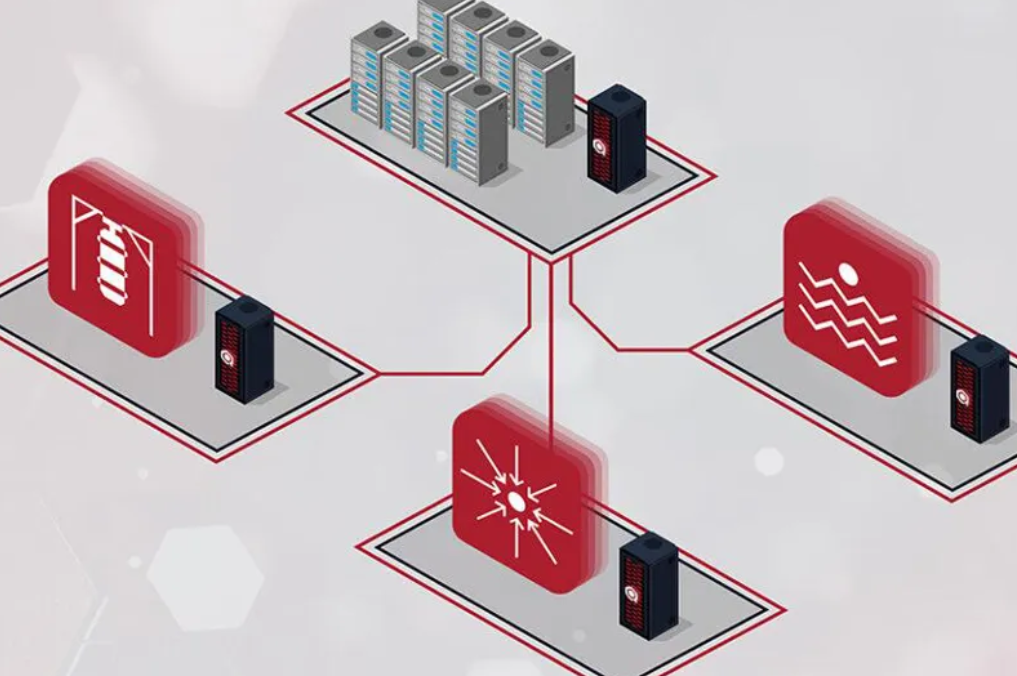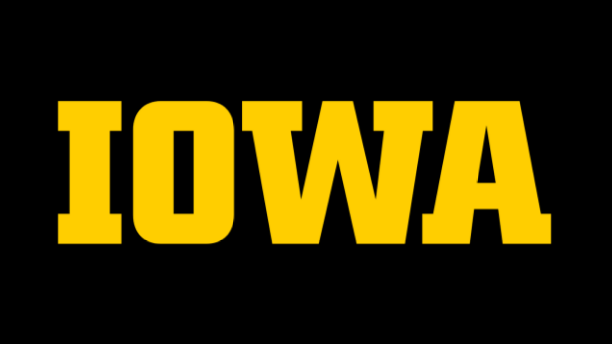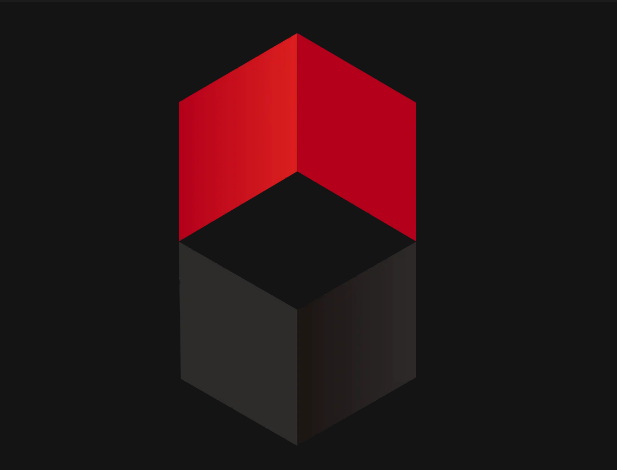Insider Brief
- Riverlane has launched Deltakit, the first open-source software platform designed to help quantum developers learn, develop, and adopt real-time quantum error correction (QEC).
- Deltakit combines a software development kit (SDK) with codes, decoders, noise models, and experiments, plus an interactive textbook for hands-on QEC training from theory to practice.
- The platform addresses the shortage of skills and tools for QEC implementation, supporting both learners and practitioners to run experiments and prepare for utility-scale quantum computing.
PRESS RELEASE — – Riverlane, the global leader in quantum error correction (QEC), today launched Deltakit, the first open-source software platform that enables quantum developers to learn, develop, and, ultimately, adopt real-time QEC on the world’s leading quantum computers.
Deltakit is the software complement to Deltaflow, Riverlane’s real-time QEC hardware technology. Together, they provide practitioners at quantum computing companies, national laboratories, and high-performance computer (HPC) facilities with the resources to build QEC expertise and run real-time decoding experiments. Together, Deltakit and Deltaflow are the foundations of Riverlane’s mission to master quantum error correction and unlock a new age of human progress.
Deltakit combines two core components: a software development kit (SDK) with a library of codes, decoders, quantum noise models, and QEC experiments; and the Deltakit Textbook, which takes quantum computing practitioners on an interactive, hands-on QEC learning journey from theory to practice. With Deltakit, developers can now learn QEC, test methods, and run experiments in one place.

Closing the QEC gap
Quantum computers promise breakthroughs in fields from materials discovery to drug design, solving problems far beyond the reach of today’s most powerful supercomputers. However, their underlying qubits are extremely sensitive to environmental noise, interference, and hardware instability, resulting in a high volume of data errors. To succeed at scale, quantum computers require sophisticated real-time QEC infrastructure to identify and correct millions, and ultimately billions, of errors every second.
While the need for QEC is universally recognised, the quantum computing ecosystem still lacks the skills and tools to implement it effectively. Riverlane’s 2025 Quantum Error Correction Survey found that 95% of quantum computing professionals believe QEC is essential. Yet 82% cite (1) limited training and knowledge, (2) the lack of best practices, and (3) difficulty accessing resources and support, as the top three blockers preventing QEC implementation.
Deltakit addresses this challenge by providing a unified software platform that supports the entire developer journey, from learners taking their first steps in QEC to practitioners preparing advanced experiments on current and future hardware.
“Riverlane creates quantum error correction technology that helps our customers achieve the scale and reliability needed to unlock revolutionary new applications on their quantum computers,” said Steve Brierley, CEO of Riverlane. “But technology alone isn’t enough. We also need more people with the technical expertise to develop and implement quantum error correction (QEC) technology in the current and future generations of quantum computers. Right now, there’s a massive shortage of both skills and software tools. Deltakit closes that gap.”
What’s inside Deltakit
Deltakit is an open-source platform that combines two core components:
- Deltakit Textbook – An interactive, hands-on introduction to practical QEC concepts written by Riverlane researchers and contributors. The textbook uses examples, walkthroughs, and code exercises to explain key QEC concepts and help quantum developers gain a thorough understanding of the implementation details of QEC beyond theoretical understanding.
- Software Development Kit (SDK) – A Python library for developing and running QEC experiments. The SDK allows users to generate QEC circuits, add realistic noise (i.e., error propagation) based on their QPU’s characteristics, simulate QEC execution, decode stabiliser measurement results, and analyse the outcomes. Users can explore different error-correcting codes, circuit depths, and noise models to optimise QEC performance for near-term hardware. The SDK also connects to Riverlane’s cloud service, which provides access to high-performance proprietary decoders and supports additional error-correcting codes.
Together, these components create a seamless path from learning QEC fundamentals to building and testing circuits, and ultimately running real-time QEC experiments on quantum hardware using Riverlane’s Deltaflow technology.
“Deltakit is designed to meet quantum developers where they are. Whether you’re a developer learning QEC or an engineer testing new decoders and codes, Deltakit provides a single, integrated platform that makes progress possible. It’s about turning QEC from a theoretical necessity into a practical, accessible discipline,” said Liz Durst, VP of QEC Community at Riverlane.
Accelerating the path to utility-scale quantum computing
The launch of Deltakit marks a step-change in the resources available to the global quantum community. By integrating QEC learning and experimentation into a single platform, Deltakit supports the development of the expertise, workflows, and implementation patterns needed to unlock utility-scale quantum computing and its first practical applications.
Deltakit will continue to grow, with future updates including expanded documentation, contributed code examples, and a growing global community of users and collaborators.
“Quantum error correction isn’t just a future problem. It is today’s biggest opportunity,” said Liz Durst. “With Deltakit, we are helping developers worldwide build the skills and tools that will define the next era of quantum computing.”
Deltakit is available now. Explore the textbook and sign up for the SDK at https://deltakit.riverlane.com.
















